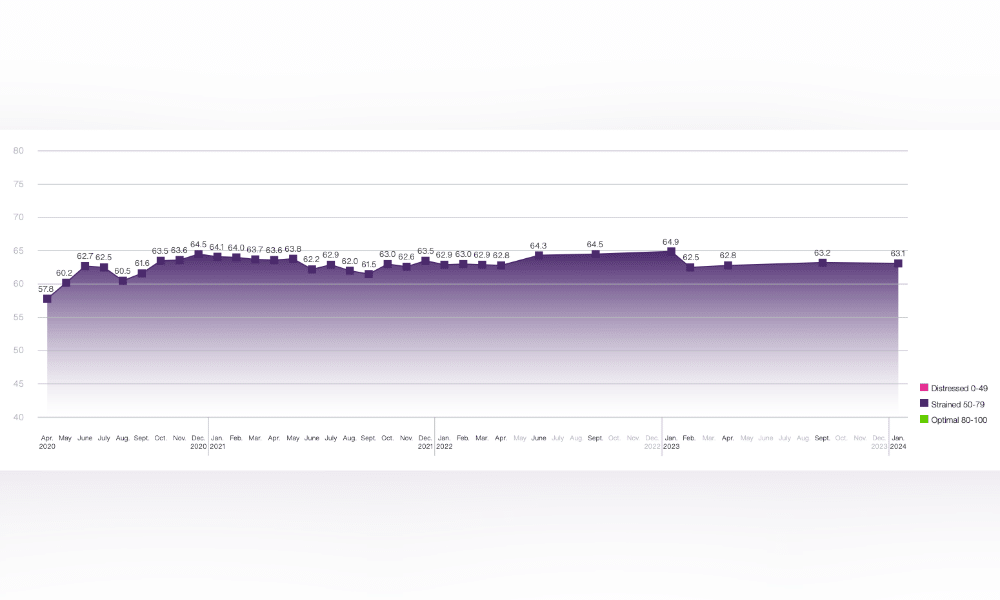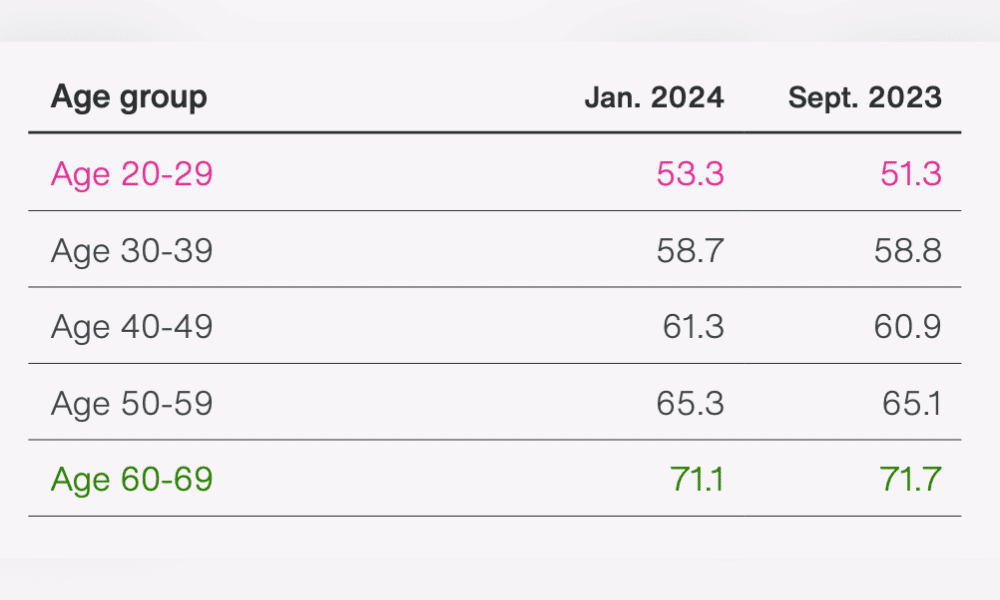A recent report from TELUS Health unveils concerning statistics regarding workplace relationships in Australia, revealing that nearly half of employees lack trusted connections with their colleagues.
The report indicates that 45% of Australian workers feel disconnected in their workplaces, with individuals under 40 being disproportionately affected, reporting a lack of trusted relationships at nearly twice the rate of other age groups.
Jamie MacLennan, Senior Vice-president and Managing Director of APAC at TELUS Health, expressed alarm at the implications of this disconnect, stating that it silently contributes to feelings of detachment and isolation among employees, ultimately impacting their mental wellbeing and productivity. This issue gains significance in light of the World Health Organisation’s recognition of loneliness as a global threat to both physical and mental health.
The TELUS Mental Health Index, which examines the mental health landscape in Australia, sheds light on the challenges faced by employees and the initiatives undertaken by workplaces to address them. Despite growing awareness of the importance of psychological support in the workplace, the report found that nearly four in 10 employees doubt or are uncertain about their employers’ commitment to supporting psychological health and safety. Additionally, a significant portion of employees (37%) feel that cases of harassment, bullying, and other harmful behaviours are not addressed promptly and fairly, while 38% are unsure if they can raise such concerns without facing repercussions.
MacLennan emphasised the urgent need for Australian businesses to prioritise both risk reduction and the promotion of a healthy workplace culture. Doing so, he argued, would not only improve employee wellness but also enhance business productivity.
The mental health scores provided by the report paint a grim picture of the current state of mental wellbeing among Australian workers. With a score of 63.1 in January 2024, a sizable portion of the workforce is deemed to be at high or moderate risk for mental health issues. Men, on average, reported slightly higher mental health scores than women, while younger employees between the ages of 20 and 29 exhibited notably lower scores, reflecting the unique stressors they face.

Paula Allen, Global Leader of Research & Client Insights at TELUS Health, attributed the lower mental health scores among younger employees to various societal factors, including economic instability and a lack of social support. She emphasised the role organisations can play in mitigating these challenges by fostering a culture of trust and providing comprehensive health, personal, and financial support programs.






